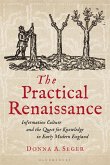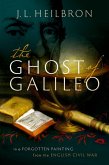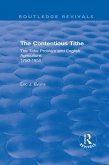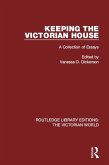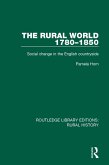Very Short Introductions: Brilliant, Sharp, Inspiring The Victorian period may have come to an end over 120 years ago, but the Victorians continue to be a vital presence in the modern world. Contemporary Britain is still in large part Victorian in its transport networks, sewage systems, streets, and houses. Victorian cultural legacies, especially in art, science, and literature, are still celebrated. The first to have to grapple with many of the challenges of modern urban society, we continue to look to the Victorians for inspiration and solace. And we are increasingly aware of the ways their global actions shaped, often for ill, the world around us. Much mythologised, inexhaustibly controversial, the Victorians are an inescapable reference point for understanding the modern histories not just of Britain and its empire, but of the world. In The Victorians: A Very Short Introduction Martin Hewitt offers a guide through the thickets of judgement and debate which have grown around the period and its people, to offer a historical overview of the Victorians and their legacies. He seeks to answer five crucial questions. Why have the Victorians continued occupy such a prominent place in the cultures of not just the anglophone world? How far does it make sense to think of a 64-year period arbitrarily given an identity by the longevity of the Queen as an identifiable historical period in a general sense? How justified are the value-laden versions of the Victorians which argue for the existence of a particular world view called 'Victorianism'? Beyond ideology, what was Victorian Britain actually like ? and in particular, what was distinctive about it? Who were the Victorians ? not just the eminent few, but the population as a whole? And finally, how far and with what results did the Victorians and their culture spread across the globe? In answering these questions, Hewitt cautions against some long-held orthodoxies, throws a light on some less well-known aspects of the period, and urges the importance of understanding the Victorians on their own terms if we are to effectively engage with their legacies. ABOUT THE SERIES: The Very Short Introductions series from Oxford University Press contains hundreds of titles in almost every subject area. These pocket-sized books are the perfect way to get ahead in a new subject quickly. Our expert authors combine facts, analysis, perspective, new ideas, and enthusiasm to make interesting and challenging topics highly readable.
Dieser Download kann aus rechtlichen Gründen nur mit Rechnungsadresse in A, B, BG, CY, CZ, D, DK, EW, E, FIN, F, GR, HR, H, IRL, I, LT, L, LR, M, NL, PL, P, R, S, SLO, SK ausgeliefert werden.



